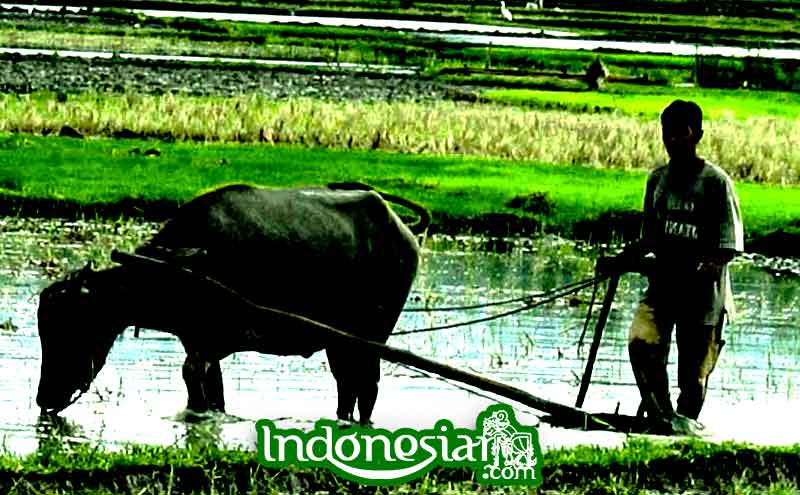Indonesia has several traditions, customs and culture. The implementation of customs for the deceased in Batak culture varies according to the level of the hagabeon of the deceased. Hagabeon is an honor because of the complete lineage. Saur Matua is also called the event of Sampe Tua and Sahat Matua.
Saur matua is died after reaching a high age, all of his children are already married. In some areas it is not enough just to be old and all the children to be married, but all the children have children; that means he already has grandchildren of all of his children. Their married children have also practiced full or mangadati customs. So it is not arbitrary to enter Saur Matua.
After the marriaraja event; When asking for advice and directions from all parties in the family, the next day we will do the customs and mompo, that is, the dead will be put into a house that was not made by his hands (jabujabu na so pinature ni Tanganna). The dead person will enter a place which he did not create. In more concrete language the corpse would be put in a casket.
At a glance, the types of death for the Batak people are divided into several parts and each part has a different value. In Batak, the dead are not just bodies that are ready to be buried.
But far from there the death of the Batak people has meaning, involving a kinship system and hope for the family left behind. For children who die, it is called tilaha and includes young people who have not yet married.
For people who die without children it is called mate punu. For people who die when they have many responsibilities, for example their children who are not yet married are called mate mangkar.
For people who have passed away but their children have married, although not all of them, because they still have children who need to be taken care of (sisarihononna) are called sari matua. For people who have died but all of their children have been married in full custom and already have offspring, this is called saur matua.
And one more thing above all that is saur mauli bulung, which is for people who die where all of their children have grandchildren. In other words, those who died already had great-grandchildren or great-grandparents. In Batak it is called marnini marnono. And one more criterion to be called mauli bulung, namely that no offspring has died before the parents died.
Hopefully this article can increase your insight. Come on, get interesting information from Indonesiar.com.































